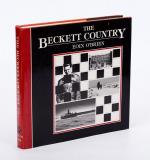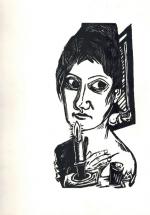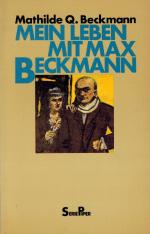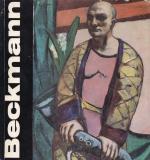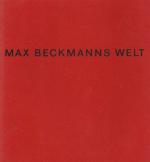502. Beckett, Samuel / John Montague.
Collection of interesting and rare publications, an early spoken word radio play by Beckett (Embers), a signed poetry book in english (Limited Edition of only 100 copies) as well as a stunning exchange of letters between the irish writer John Montague and irish artist Louis Le Brocquy, in which John Montague refers to Beckett: “The early Beckett is a smart alec; the break comes when he has to survive in post-war France and accept “his own darkness”. The Montague – connection is meaningful. John Montague was Beckett’s neighbour in Paris, became his friend and not only lectured on Beckett but wrote the most significant and revealing obituary upon Beckett’s death in the Guardian: “An Appreciation of Samuel Beckett” (Wednesday, 27th of December 1989) / [See images and full descriptions of each single item in this Beckett-Collection on our Homepage under “Libraries & Collections” – look for “Samuel Beckett Collection”].
London / Ballydehob (Ireland) / France / New York, Calder / BBC / Grove Press, 1959 – 1981. Octavo. Original Softcover / Stapled / Hardcover (differing bindings in this collection). Very good condition with only minor signs of wear. Extremely rare collection of interesting titles, letters by irish writer John Montague to Louis le Brocquy on Beckett, a signed book of poems by Beckett, etc.






!["Images of Beckett" [Rare SIGNED by photographer John Haynes and writer James Knowlson].](/images/thumbnails/32291AB.jpg)
